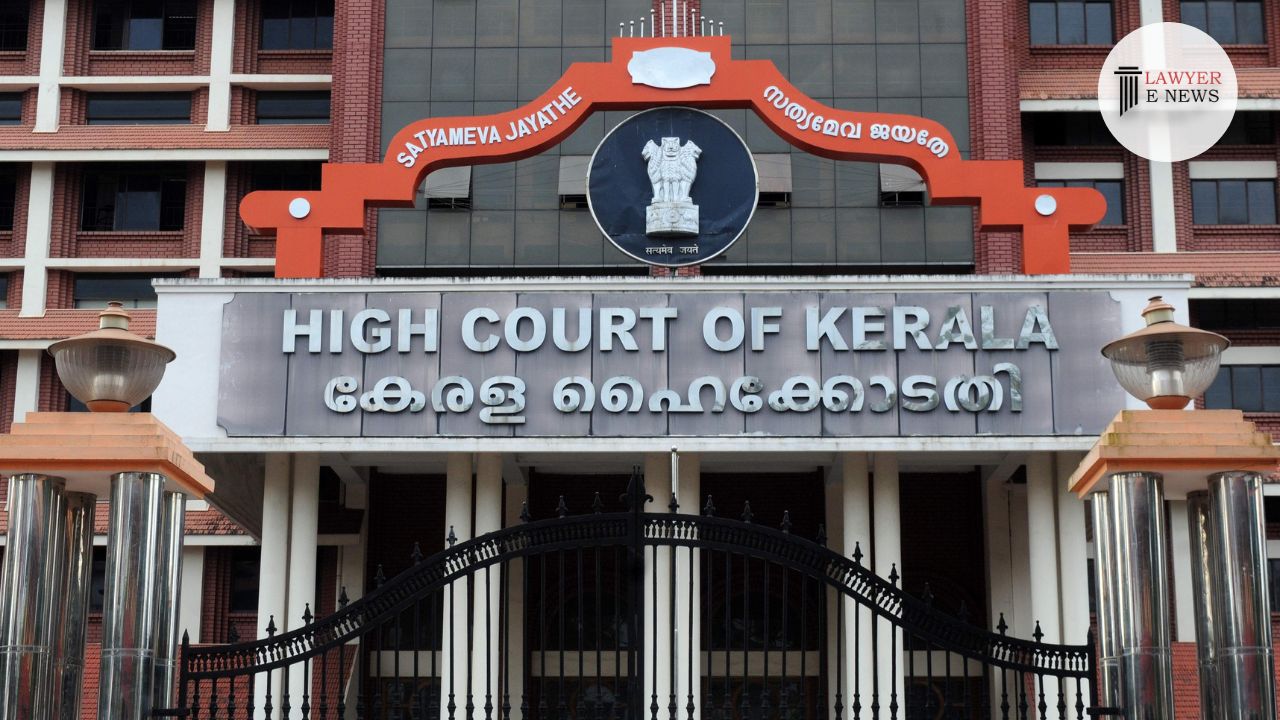-
by Admin
19 February 2026 3:14 PM



In a notable judgment today, the High Court of Kerala, presided over by the Honorable Mr. Justice P.G. Ajithkumar, upheld the acquittal of Vijayan Unnithan in a case involving the dishonour of a cheque under Section 138 of the Negotiable Instruments Act, 1881. The appellant, Sasidharan A., had challenged the acquittal, alleging that Unnithan had issued a cheque that was dishonoured due to insufficient funds.
The court's decision hinged on the critical legal principle of proving insufficiency of funds in cheque dishonour cases. Justice Ajithkumar stated, "Here, the appellant failed to prove the fact that the cheque was dishonoured for want of sufficient funds with the account of the 1st respondent."
In the original trial, the cheque, bearing the date 23.12.2003, was returned with the remark 'referred to drawer,' which does not explicitly indicate insufficiency of funds. The appellant's counsel argued that the demand notice's assertion of insufficiency of funds should have been sufficient for conviction. However, the court found this evidence lacking in establishing the necessary fact of insufficient funds in the respondent's account.
Citing precedents from higher courts, including the Apex Court's rulings in Laxmi Dyechem v. State of Gujarat and Rajan v. Sharafudheen, Justice Ajithkumar underscored the necessity of concrete proof in such cases. "Sufficiency of funds is a question of fact which is to be proved by adducing reliable evidence," he observed.
The judgment also delved into the principles governing appeals against acquittal, referencing several Supreme Court decisions. The court emphasized that while appellate courts have wide powers, they should refrain from interfering with a trial court's verdict if it is reasonable and based on evidence.
Date of Judgment: 09 January 2024
SASIDHARAN VS THE STATE OF KERALA
